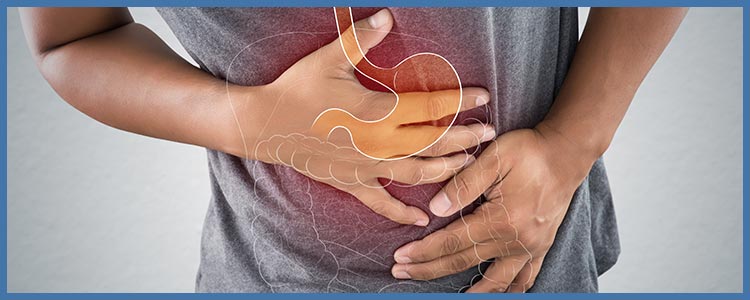Gastrointestinal Disorders Treatment in College Park, MD
Gastrointestinal disorders affect the GI system, which extends from the mouth to the anus. Irritable bowel syndrome (IBS), acid reflux, indigestion, colon cancer, and hemorrhoids are all common GI illnesses. At Express Healthcare, we are dedicated to providing you with all of your gastrointestinal treatment needs. For more information, contact us or schedule an appointment online. We are conveniently located at 4701 Melbourne Place College Park, MD 20740.





Additional Services You May Need
▸ EKG, Stress Tests, Cardiology
▸ Physical Therapy
▸ Internal Medicine
▸ Urgent Care
▸ Vaccines & Immunizations
▸ On-Site Lab Screening
▸ X-Ray & Imaging
▸ Women’s Health
▸ Occupational Health




